Our ever-evolving offering for mining and construction covers crushing, screening, breaking, demolition, and service solutions – designed to increase productivity and boost your bottom line.
2025-03-09
Many friends have heard of horizontal carbonisation furnace. But don’t know its specific working principle and using effect. So, is horizontal carbonisation furnace really good? Today we will introduce it in detail for you.
2025-03-07
Charcoal carbonisation is the process of converting wood, waste and other materials containing organic matter. It is converted into charcoal through high heat treatment. Charcoal carbonisation is the full use of agricultural waste and other resources.
2025-03-06
Charcoal carbonisation is the process of taking organic-rich materials such as wood. It is converted into charcoal through a high temperature pyrolysis process. Moisture and volatile components can be removed. Solid carbon with high calorific value, low ash content, porous, hard and strong adsorption can be obtained.
2025-03-05
Biomass charcoal is an important energy source. It is widely used. Biomass is converted into biomass carbon through the carbonisation process of biomass carbonisation furnace. Thus, it can achieve resource recycling and reuse.
2025-03-03
With the increasing prominence of global environmental problems and the challenge of energy shortages. Therefore the interest of renewable energy sources is greatly valued. Among the various renewable sources. Biomass energy has a wide range of sources and a low carbon footprint.
2025-03-02
Early burning and discarding of agricultural waste. Not only does it result in a waste of valuable fibre resources. But also cause serious pollution to the environment. Through the anthracite coal carbonisation furnace carbonisation and production. These wastes can be turned into treasure. So as to achieve the maximum use of resources.
2025-02-26
Rotary kiln is a common industrial equipment. Wide range of application materials: cement, kaolin, bauxite, lime, ceramic sand, lithium carbonate, zinc oxide, magnesium metal, solid waste and hazardous waste incineration without and so on. It is mainly used for high temperature heat treatment and transformation of material properties.
2025-02-25
Wood carbonisation, refers to the decomposition of raw wood at high temperatures into: carbon and gases. It is a common pyrolysis process. Wood is converted to carbon at specific temperatures. The temperature at which wood is carbonised varies with the type of wood, humidity, heating rate and other factors.
2025-02-24
Charcoal is treated at high temperatures to form a special material: carbonised wood. The physical and chemical properties of the wood are changed. Quality and hardness are gained The wood is placed in a wood carbonisation oven and heated to a high charring temperature. The moisture and organic matter in the wood are made to pyrolyse.
2025-02-23
Biomass pellets can be converted into efficient fuel energy through a carbonisation process. This process is: pyrolysis. It is carried out in a biomass pyrolysis furnace at high temperatures and under oxygen-free or oxygen-poor conditions. The biomass pellets are converted into products such as biomass carbon, bio-oil and combustible gases.
2025-02-22
Biomass pyrolysis and gasification are two important energy conversion processes. Biomass pyrolysis furnace and biomass gasification equipment are to be used. But there are obvious differences and distinctions between their two processes. From the principle, products…
2025-02-21
In this day and age, environmental protection and sustainable development have become a global consensus. The use of renewable energy sources is becoming increasingly important. In this context. Biochar pyrolysis furnace has become the biomass fuel conversion equipment.
 Double Shaft Shredder Machine
Double Shaft Shredder Machine
 Single Shaft Shredder Machine
Single Shaft Shredder Machine
 Four Shaft Shredder Machine
Four Shaft Shredder Machine
 Tyre Shredder Machine
Tyre Shredder Machine
 Metal Shredder Machine
Metal Shredder Machine
 Wood Shredder Machine
Wood Shredder Machine
 Plastic Shredder Machine
Plastic Shredder Machine
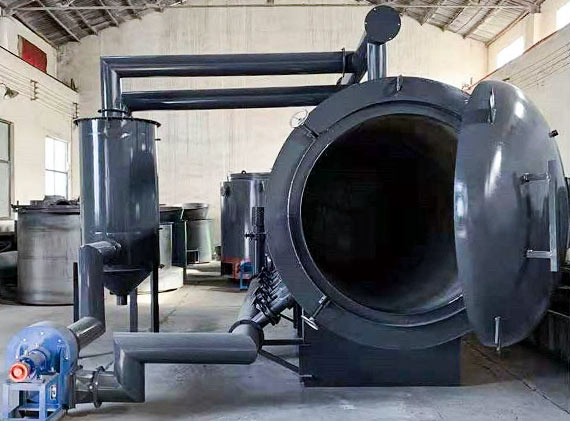 Horizontal Carbonisation Furnace
Horizontal Carbonisation Furnace
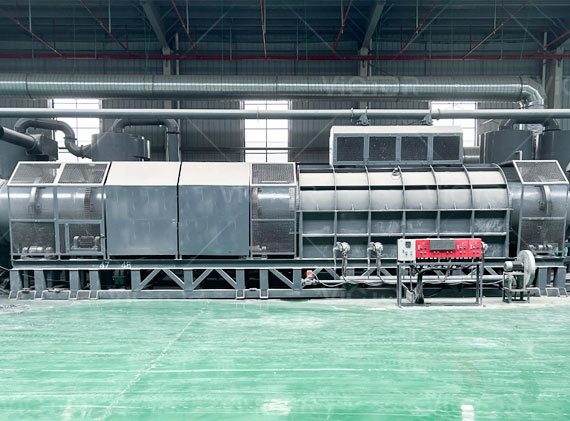 Wood Charcoal Carbonisation Furnace
Wood Charcoal Carbonisation Furnace
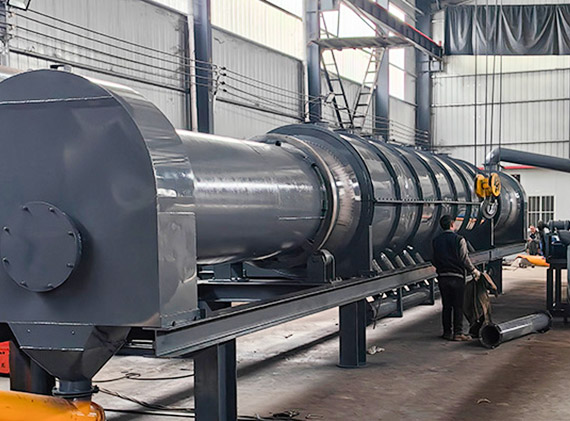 Waste Carbonisation Furnace
Waste Carbonisation Furnace
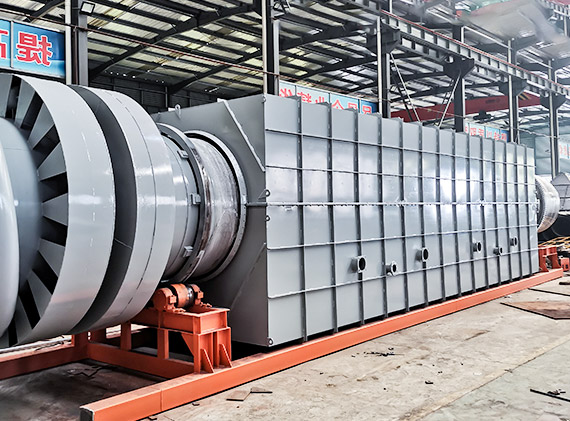 Sludge Continuous Carbonisation Furnace
Sludge Continuous Carbonisation Furnace
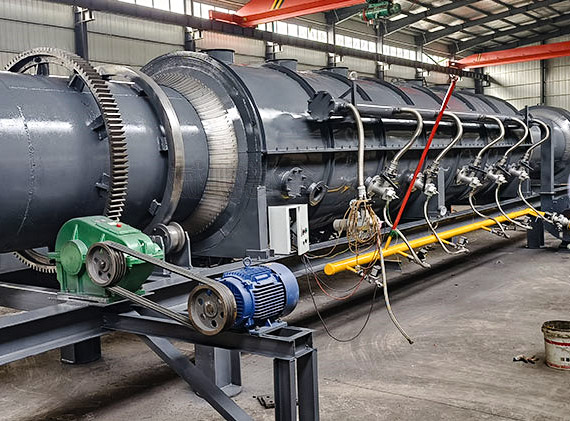 Biomass Carbonisation Furnace
Biomass Carbonisation Furnace
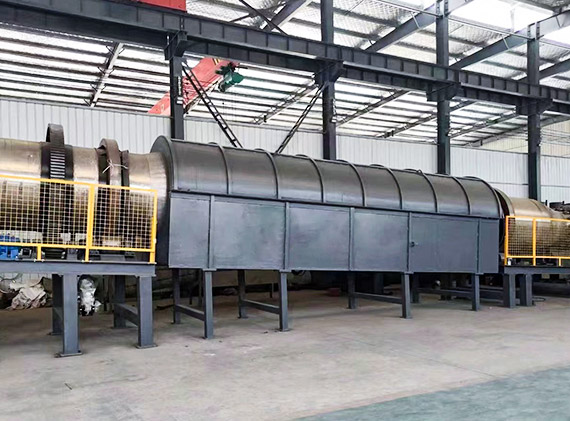 Coconut Shell Carbonisation Furnace
Coconut Shell Carbonisation Furnace
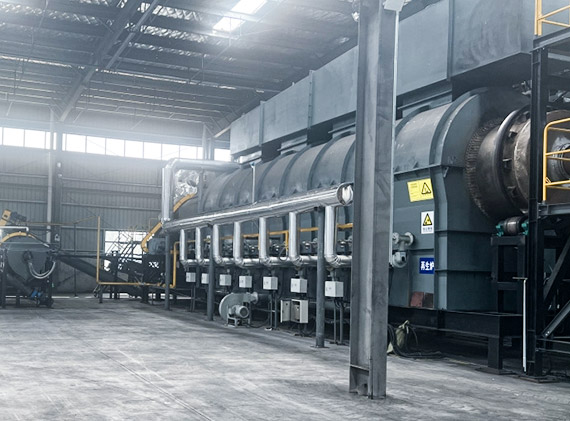 Continuous Carbonisation Furnace
Continuous Carbonisation Furnace


 Jaw Crusher
Jaw Crusher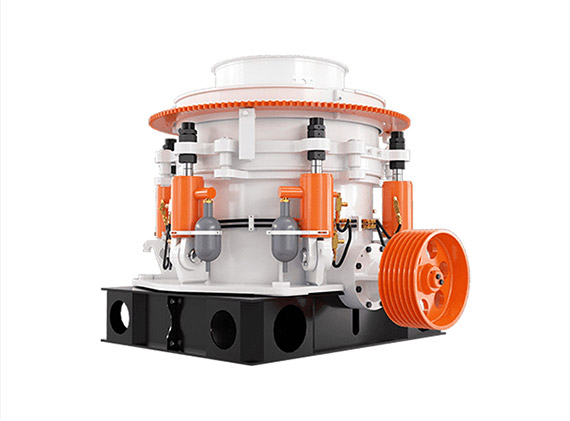 Cone Crusher
Cone Crusher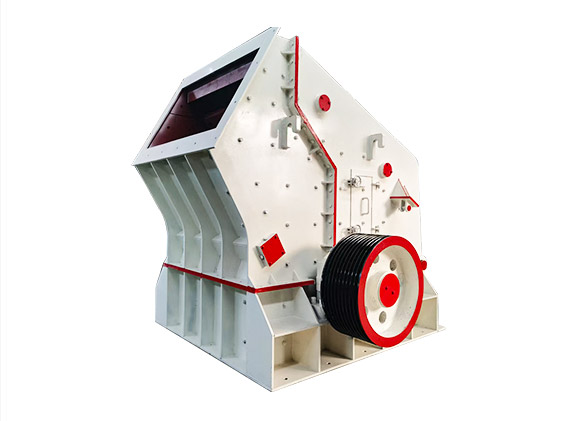 Impact Crusher
Impact Crusher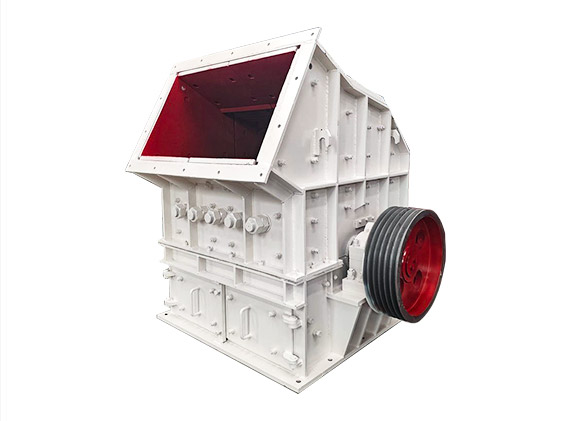 Hammer Crusher
Hammer Crusher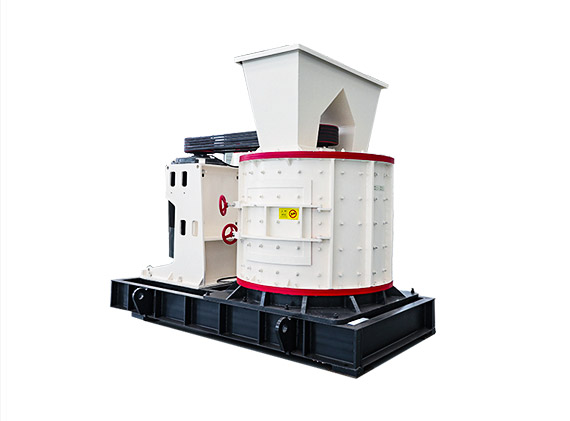 Impact Mill Crusher
Impact Mill Crusher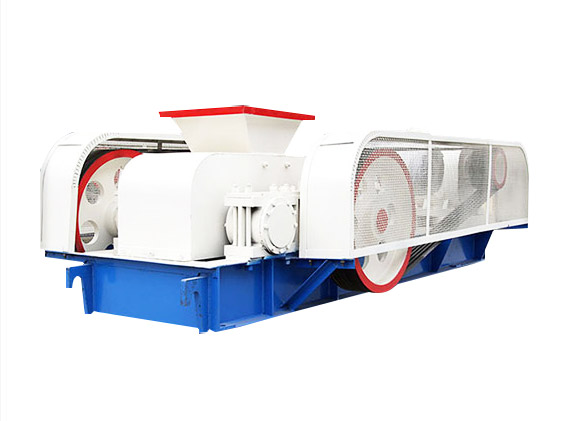 Roll Crusher
Roll Crusher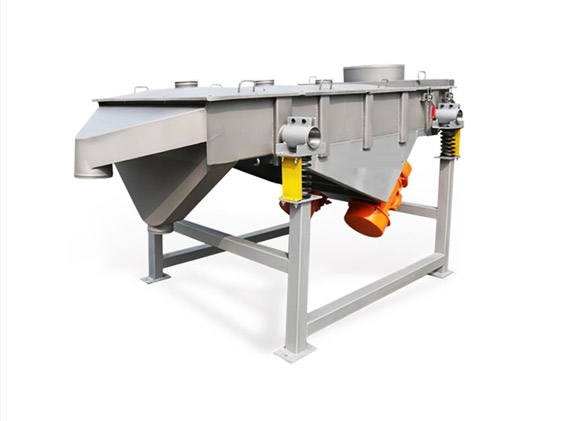 Linear Vibrating Screen Machine
Linear Vibrating Screen Machine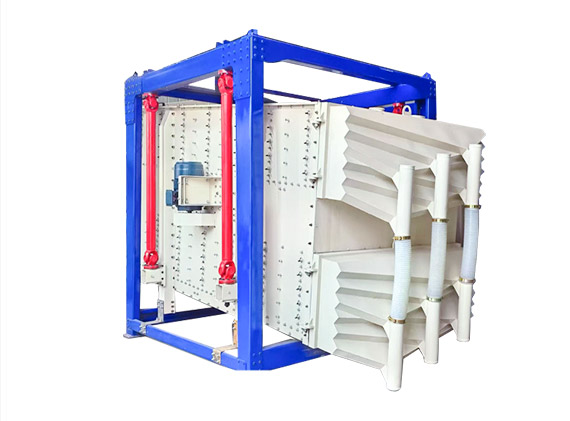 Swing Screen Machine
Swing Screen Machine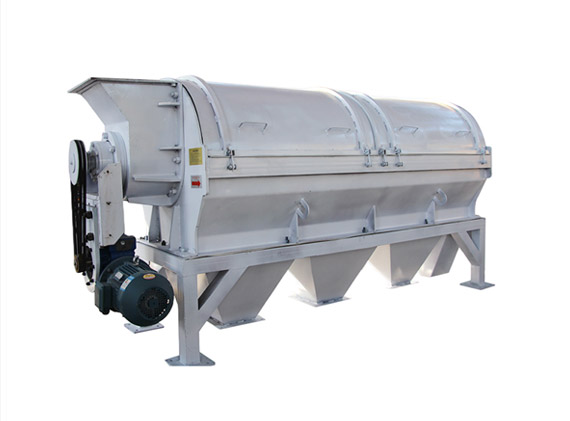 Tumbler Screen Machine
Tumbler Screen Machine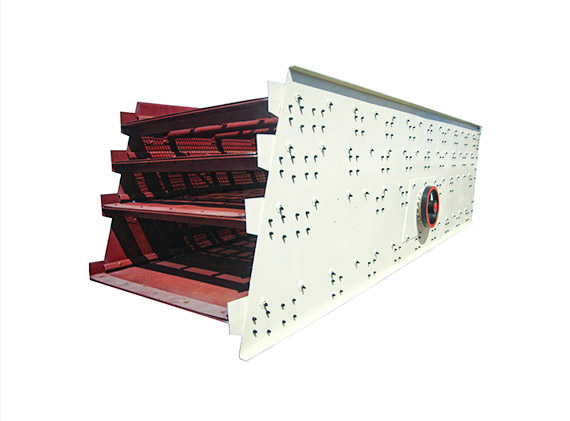 Circular Vibrating Screen
Circular Vibrating Screen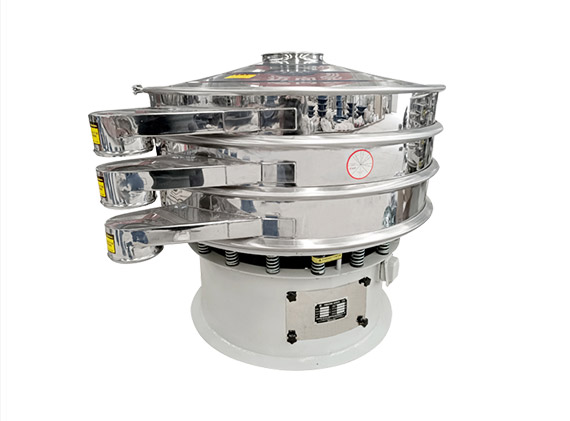 Cylindrical Rotary Vibrating Screen
Cylindrical Rotary Vibrating Screen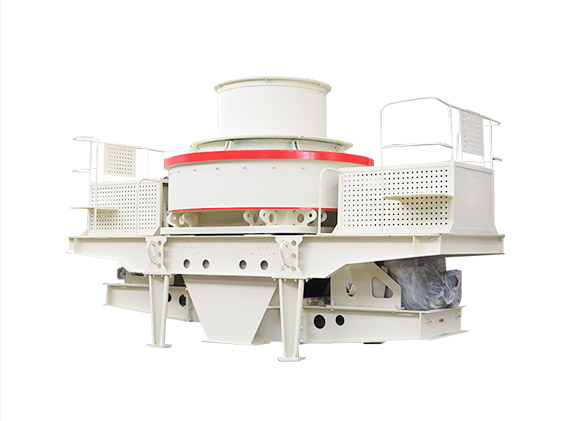 Sand Making Machine
Sand Making Machine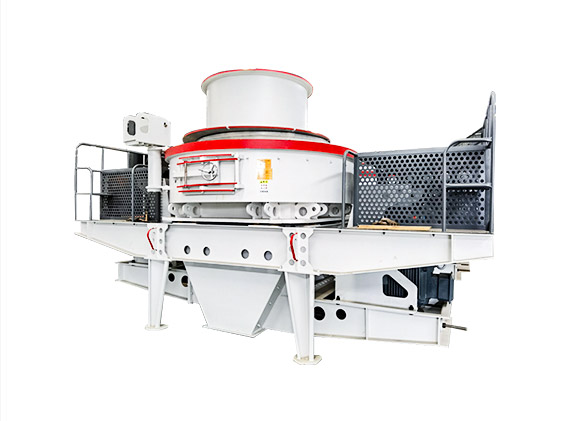 VSI Sand Making Machine
VSI Sand Making Machine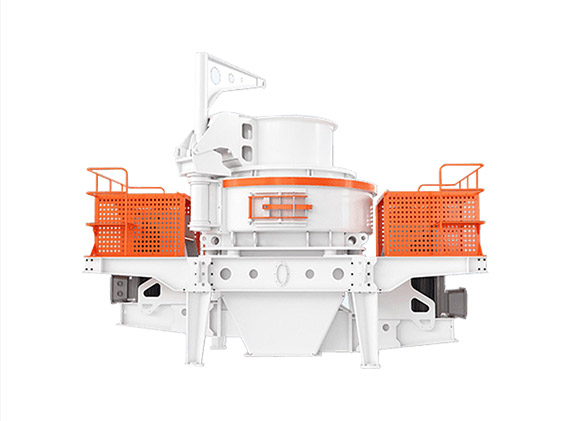 Impact Sand Making Machine
Impact Sand Making Machine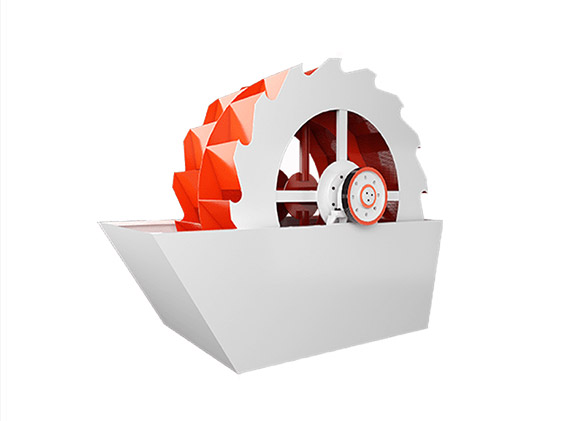 Sand Washing Machine
Sand Washing Machine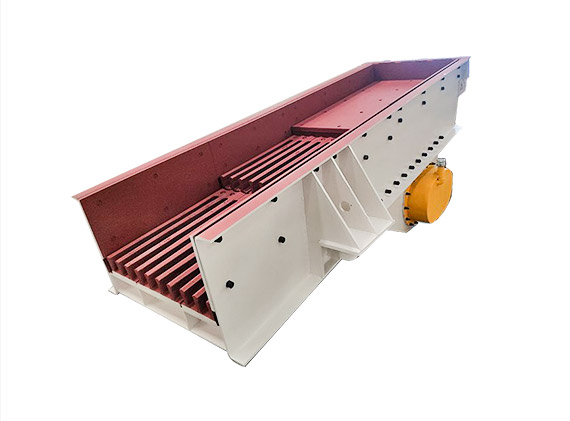 Vibrating Feeder
Vibrating Feeder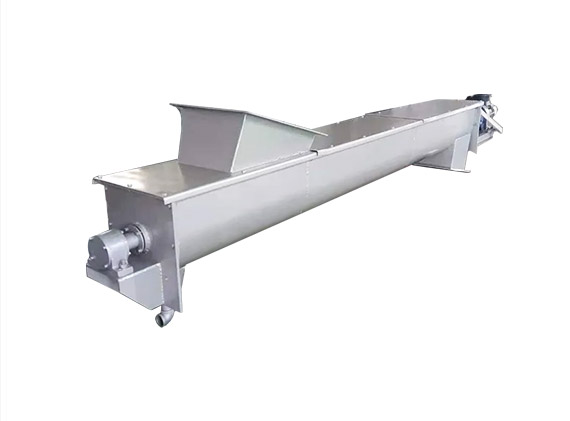 U-Shape Screw Reamer
U-Shape Screw Reamer Belt Conveyor
Belt Conveyor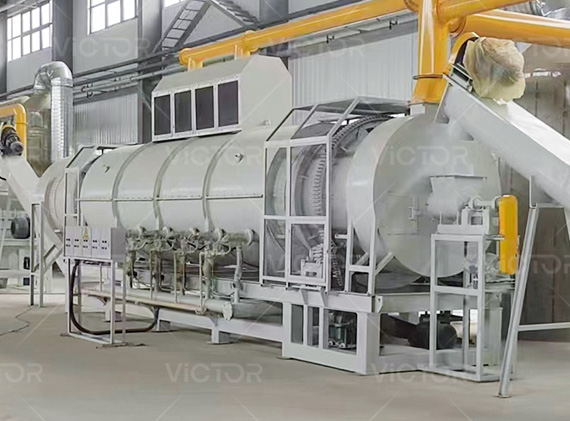 Biomass Pyrolysis Furnace
Biomass Pyrolysis Furnace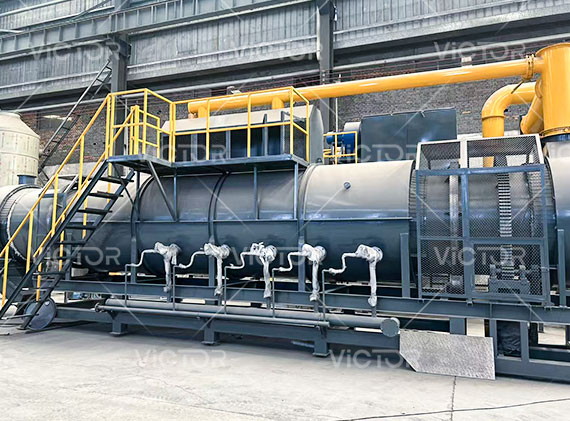 Lithium Battery Recycling Pyrolysis Furnace
Lithium Battery Recycling Pyrolysis Furnace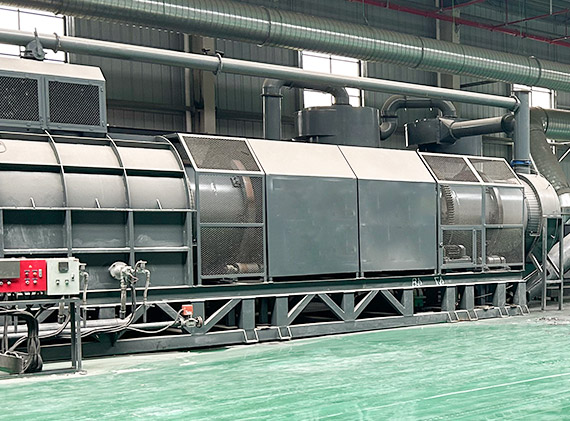 Solar PV Panel Recycling Pyrolysis Furnace
Solar PV Panel Recycling Pyrolysis Furnace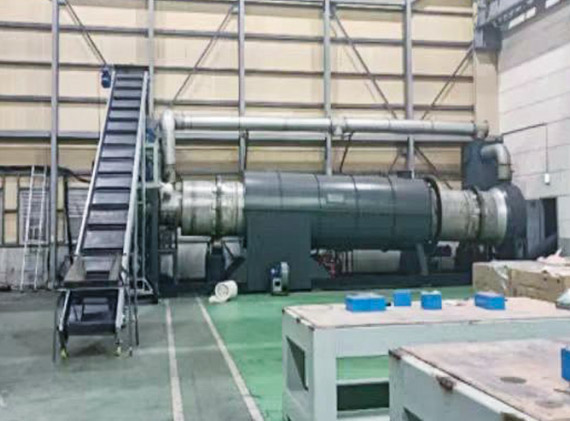 PCB Recycling Pyrolysis Furnace
PCB Recycling Pyrolysis Furnace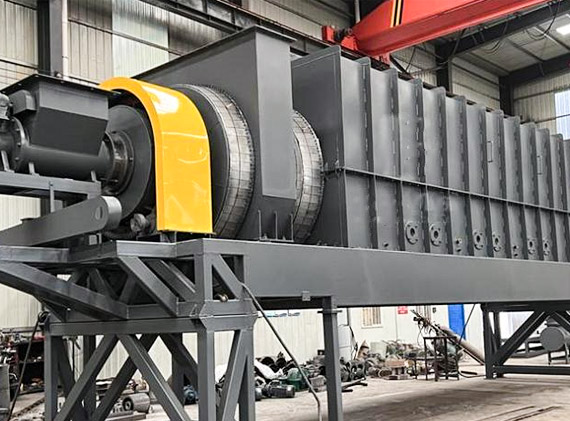 Carbonization Paint Removing Furnace
Carbonization Paint Removing Furnace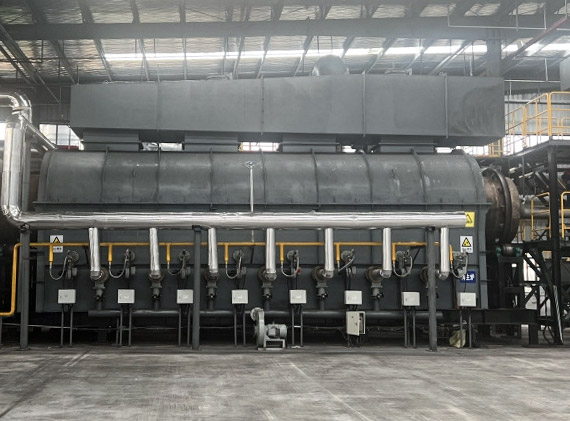 Capacitor Continuity Pyrolysis Furnace
Capacitor Continuity Pyrolysis Furnace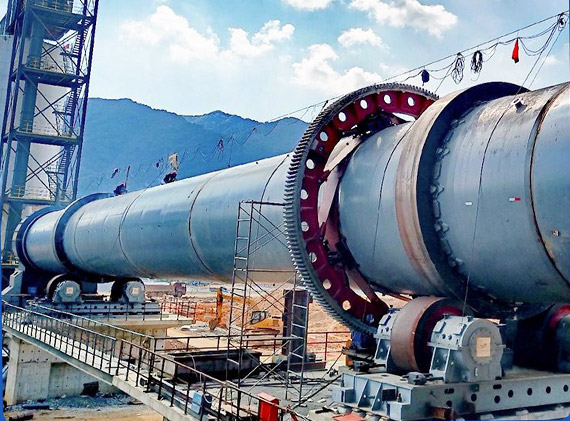 Rotary Kiln
Rotary Kiln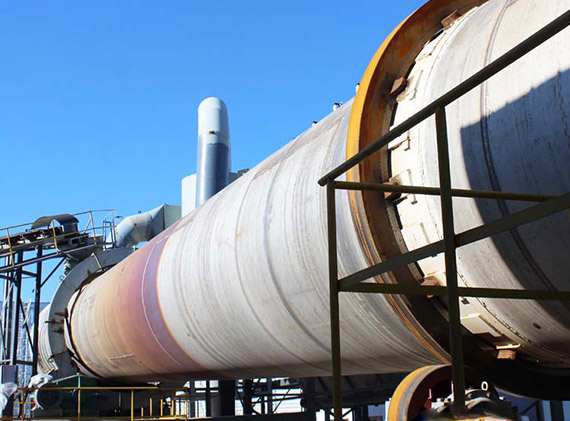 Waste Incineration Rotary Kiln
Waste Incineration Rotary Kiln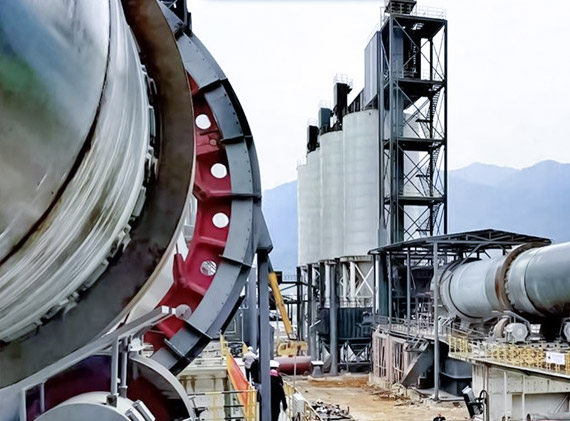 Metallurgical Rotary Kiln
Metallurgical Rotary Kiln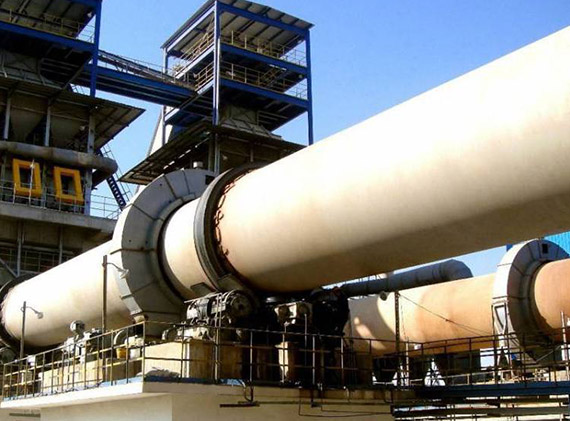 Cement Lime Rotary Kiln
Cement Lime Rotary Kiln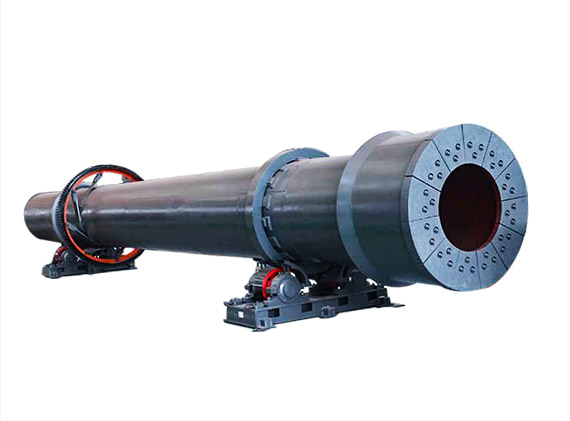 Rotary Drum Dryer Furnace
Rotary Drum Dryer Furnace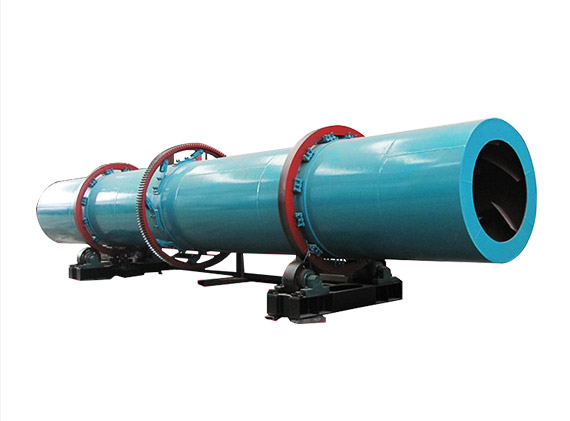 Drum Drying Dryer Furnace
Drum Drying Dryer Furnace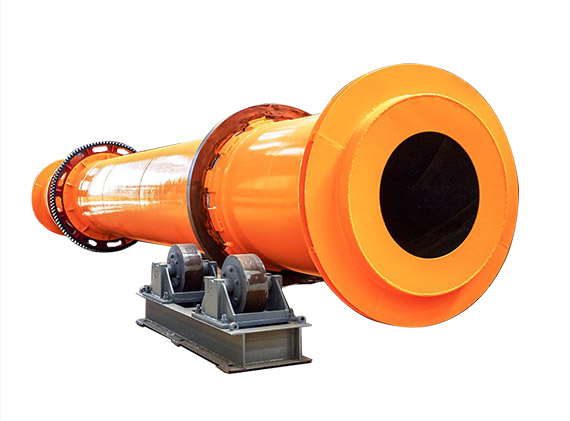 Industrial Dryer Furnace
Industrial Dryer Furnace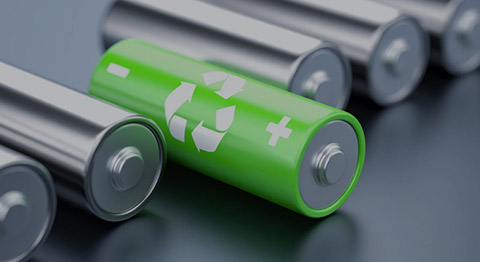 Lithium Battery Recycling Plant
Lithium Battery Recycling Plant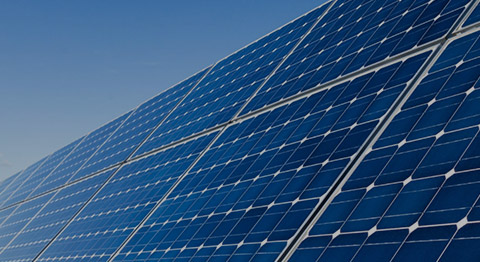 Solar Photovoltaic Panel Recycling Plant
Solar Photovoltaic Panel Recycling Plant PCB Circuit Board Recycling Plant
PCB Circuit Board Recycling Plant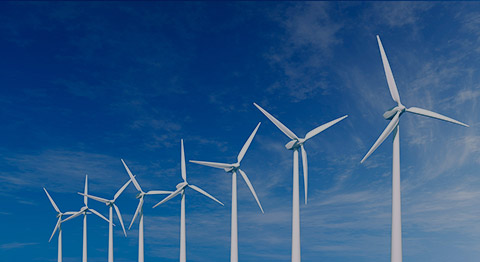 E Waste Recycling Plant
E Waste Recycling Plant Blog
Blog Company Blog
Company Blog Knowledge
Knowledge FAQ
FAQ
